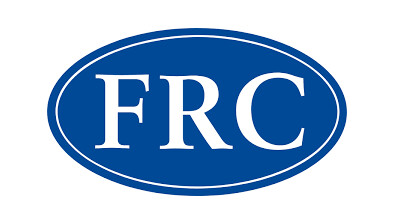FRC launches consultation on revised auditing standards for auditor’s fraud responsibilities

The Financial Reporting Council (FRC) has today launched a consultation on the proposed revision of its UK auditing standard ISA (UK) 240 - The Auditor’s Responsibilities Relating to Fraud in an Audit of Financial Statements.
ISAs are based on the underlying ISAs issued by the International Auditing and Assurance Standards Board (IAASB).
ISA (UK) 240 was first adopted in the UK in 2004. Since then it has received relatively minor updates, but has not been substantively revised in over 16 years.
ISA (UK) 240 contains a significant number of requirements designed to assist the auditor in identifying and assessing the risks of material misstatement due to fraud and in designing procedures to detect such misstatement.
However, concerns have been raised that auditors are not doing enough work to detect material fraud, including by Sir Donald Brydon in his review of the quality and effectiveness of audit.
As described in the consultation paper, the FRC is proposing revisions to address these concerns. These include providing increased clarity as to the auditors obligations together with enhancements to the requirements for the identification and assessment of risk of material misstatement due to fraud and the procedures to respond to those risks.
A more expansive explanation of the proposed key changes is given in the consultation paper.
When finalised, the revised UK standard is proposed to be effective for audits of periods commencing on or after 15 December 2021 with early adoption permitted.
This is the same effective date as for ISA (UK) 315 (Revised July 2020) - Identifying and Assessing the Risks of Material Misstatement - and will enable firms to address both revised standards in a single update of their procedures rather two separate updates within a relatively short period of time.
Mark Babington, executive director of regulatory standards, said: “The UK supports the development and adoption of high quality global standards for corporate reporting and audit, enabling the UK to attract high quality global investment.
“However, sometimes the UK needs to show leadership and move in advance of international standards to address urgent stakeholder concerns in the public interest – we believe that some of the misunderstandings that have been communicated around the auditor’s responsibilities in respect of fraud meet this test. In response, we have developed a revised standard which makes auditors’ obligations clearer, enhances the risk assessment they carry out, and sets clearer requirements for what the auditor then does.”
The consultation runs until 29 January 2021.








